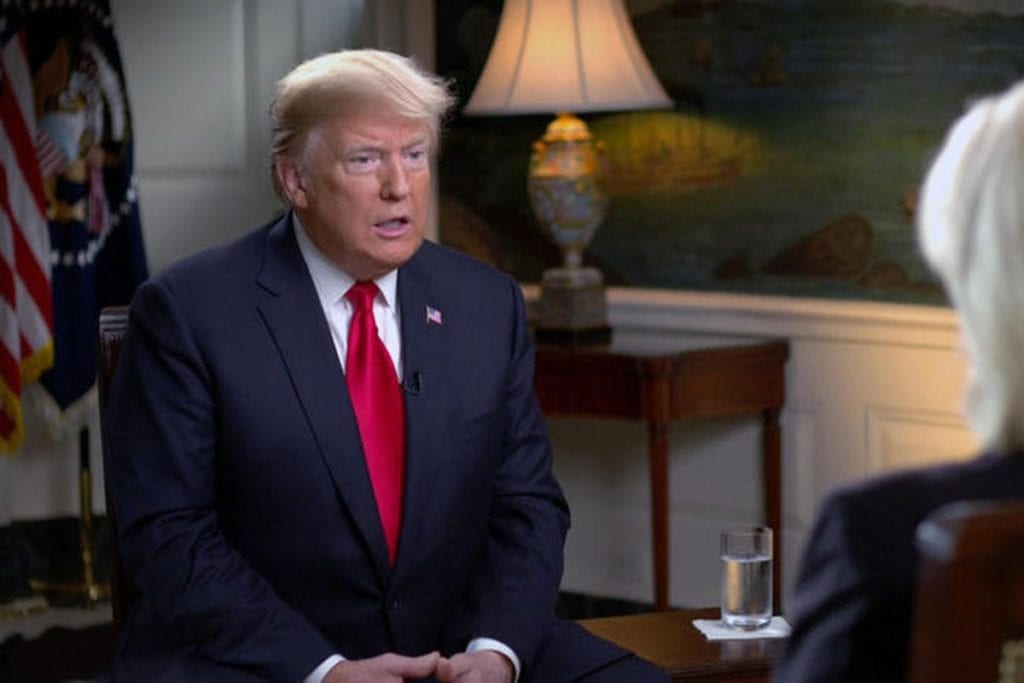Preparing the CEO or other C-suite executives for press interviews isn’t the easiest of tasks. They’re busy, don’t always see the value, and often have legal counsel telling them not to talk. So how do you crack the code? Patience, videotape and building a strategic relationship are key, said panelists at the the PR News Media Training Workshop on Feb. 27, part of the inaugural Crisis Management Summit in Miami.
Media Training

Getting the CEO to Embrace Media Training: ‘Even Tom Brady has a Coach’
February 28th, 2019 by PR News Staff
Video Interview? 6 Tips to Make Your Spokesperson Shine
February 25th, 2019 by Rich ThomaselliPR professionals need to prep company spokespeople for media interviews, making sure they offer the best appearance, are comfortable on camera and stay on message. To be sure it’s not as simple as how to dress, though that certainly is one of the components of preparation. Here’s a look at some of the best practices for readying your company spokesperson for a media appearance.

Tips for Training Thought Leaders to Think Beyond the Interview
January 31st, 2019 by Kristina Corso, Hot Paper LanternMedia training normally centers on hitting all the talking points and avoiding topic land mines. What’s missing is an understanding of what goes on after that, when the story lands in the newsroom. This knowledge can help once an interview is over and the expectation for coverage begins. Here are a few tips to improve the experience.

PR Lessons Learned from the 2018 Political Scene
December 31st, 2018 by Arthur SolomonVeteran PR pro and former journalist Arthur Solomon offers the second of his two-part series about the valuable lessons communicators can learn from federal government communications. Pulled from 2018’s headlines, the examples he uses offer lessons in ethics, crisis and other PR activities.

It’s No Joke: How Improv Helps with Media Training
December 19th, 2018 by Seth ArensteinImprovisation often is associated with comedy. Yet several PR firms find it useful to use improv tactics as part of their media training effort. Since media interviews share many characteristics with improv performances, it makes sense. Improv exercises help build confidence, encourage quick thinking and improve listening skills, making it ideal for media training.

How to Prep Your Spokespeople for Broadcast Interviews
December 12th, 2018 by Justin JoffeOffering up someone from your C-suite for broadcast interviews is a great way to earn media coverage, but how can you be sure that executive is ready? Given that broadcast no longer only refers to television and radio, but also incorporates Facebook, Instagram, Twitter, YouTube, podcasts and on-demand video platforms, PR pros have their work cut out for them as they prep spokespeople for broadcast interviews. Here are some tips for masterful preparation.

Lessons For Speaking Across the Partisan Divide from Google CEO’s Testimony
December 11th, 2018 by Justin JoffeSundar Pichai smiled and looked genuinely human, in contrast to Mark Zuckerberg’s awkward, stilted testimony in September. Moreover, he was artful in response to Congress’ many pointed questions, deploying tactics that helped his brand emerge from the chaos looking measured and thoughtful.

How Not to Brand Yourself: 3 Lessons From Lena Dunham
November 28th, 2018 by Justin Joffe“Lena Dunham Comes to Terms With Herself” has its fair share of lessons for communicators, especially those in media working to build out their personal brand. The piece artfully uses scene, narrative and exposition to demonstrate the blind spots that Dunham, and those caught up in the digital generation’s ‘cult of personality’, can easily miss. Here are a couple.

4 Tips for Success With Your Difficult Client
October 18th, 2018 by Melissa HoffmannCommunicators pointed to four major tactics that they have successfully implemented to earn trust, get their more difficult clients in the press, open their minds to spend, and change their opinions of the value that PR can bring to business.

4 Media Training Do’s and Don’ts From Trump’s ’60 Minutes’ Interview
October 15th, 2018 by Hayley JenningsSince he took office, President Trump has managed to sidestep the expectations typically placed on leaders in how they present themselves to the media. Though he may receive criticism from those who disagree with his policies, he has retained ardent supporters, while many CEOs are stepping down for infractions like a flubbed statement or a poorly-handled crisis response. Trump might be an anomaly in that fashion, but he also provides some valuable insights—both positive and negative—into how communicators and their senior leaders can deal with the media.


